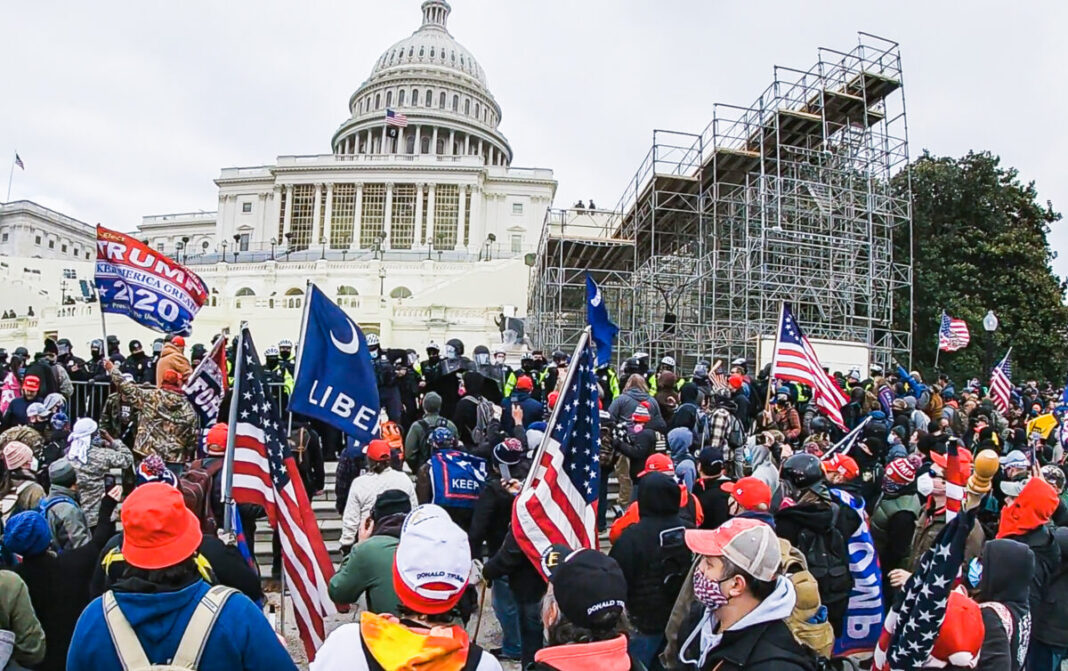An I.R.S. investigator’s testimony describing strains over the inquiry into President Biden’s son is at odds with the version laid out by Attorney General Merrick Garland.
At a Senate hearing in March, Senator Charles E. Grassley, Republican of Iowa, spent seven minutes grilling Attorney General Merrick B. Garland about the Hunter Biden investigation, reading a series of unusually specific queries from a paper in his hands.
Did David C. Weiss, the Trump-appointed U.S. attorney in Delaware kept on under Mr. Garland to continue overseeing the inquiry, have full authority to bring charges against President Biden’s son in California and Washington if he wanted to? Had Mr. Weiss ever asked to be made a special counsel? Was the investigation truly insulated from political considerations?
That encounter has taken on new significance after House Republicans released testimony last week from a senior Internal Revenue Service investigator on the case that appeared to contradict Mr. Garland’s assurances to Mr. Grassley and others that Mr. Weiss had all the freedom and authority he needed to pursue the case as he saw fit.
The I.R.S. official, Gary Shapley, oversaw the agency’s role in the investigation of Mr. Biden’s taxes and says his criticism of the Justice Department led to him being denied a promotion. He told the House Ways and Means Committee that Mr. Weiss had been rebuffed by top federal prosecutors in Los Angeles and Washington when he had raised the prospect of pursuing charges against the president’s son in those jurisdictions.
Mr. Shapley, testifying under what Republicans say are whistle-blower protections, also said that he had witnessed Mr. Weiss saying last year that he would not be the “deciding official” regarding whether to prosecute Mr. Biden, and that Mr. Weiss had been turned down when he sought special counsel status, which would have allowed him greater flexibility in handling the case.
In providing accounts of internal discussions at odds with Mr. Garland’s testimony, Mr. Shapley gave Republicans a fresh opening to raise questions about the case and to cast doubt on the Justice Department’s repeated statements that Mr. Weiss had complete control of the investigation with no political interference.
By Glenn Thrush and Michael S. Schmidt
Read Full Article on NYTimes.com








